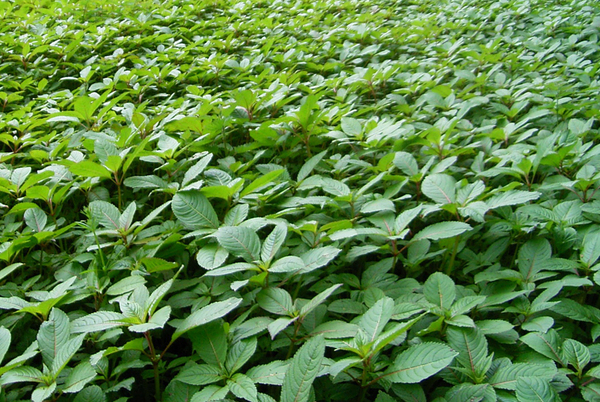Tuta absoluta, a new invasive invading India
Additional information about Tuta absoluta can be found on the CABI Invasive Species Compendium http://www.cabi.org/isc/datasheet/49260
New in January 2015 from the ISC
In January 2015 the following datasheets were published on CABI’s Invasive Species Compendium (ISC). You can explore the open-access ISC here: www.cabi.org/isc. Clerodendrum thomsoniae (bleeding glory bower) – native to West Africa, this vine has been widely cultivated in tropics and subtropics worldwide, and is naturalised in many places, including the USA, Australia and the Galapagos Islands.…
New in November 2014 from the ISC
In November 2014 the following datasheets were published on CABI’s Invasive Species Compendium (ISC). You can explore the open-access ISC here: www.cabi.org/isc Clerodendrum indicum (Turk’s turban) – this small shrub, native to temperate and tropical Asia, has been deliberately introduced principally to the Americas as an ornamental. Having long since escaped from cultivation, it is now established…
New in October 2014 from the ISC
In October 2014 the following datasheets were published on CABI’s Invasive Species Compendium (ISC). You can explore the open-access ISC here: www.cabi.org/isc Silybum marianum (variegated thistle) – this large, aggressive thistle was already recognised as a serious invasive way back in the 1800s. Native to the Mediterranean and parts of Asia and Russia, S. marianum is now…
Invasive myrtle rust impacts discussed at international forestry congress
CABI has recently published a comprehensive review and update of its ISC datasheet on the globally important pathogen Puccinia psidii, commonly known as myrtle rust or guava rust. This problematic fungus is of worldwide importance and is capable of infecting a wide range of hosts. To date it has over 440 host species; affecting many…
In the eye of the invasive species storm
17th September 2014 – Last weekend I experienced first-hand the impacts that invasive species can have. While carrying out research on an infestation of Opuntia Stricta in Laikipia, I felt something lodge itself in my eye. The following day I visited a specialist, as efforts to wash the thorn out of my eye had been…
New in August 2014 from the ISC
In August 2014 the following datasheets were published on CABI’s Invasive Species Compendium (ISC). You can explore the open-access ISC here: www.cabi.org/isc Lepus europaeus (European hare) – the European hare has been widely introduced by humans from its original range in continental Europe and has successfully established populations in South Sweden, North and South America, Australia, New…
CABI releases rust fungus to control invasive weed, Himalayan balsam
26 August 2014 – From today, not-for-profit research organization, CABI, will be releasing a rust fungus at locations in Berkshire, Cornwall and Middlesex as part of field trials to control the non-native, invasive weed Himalayan balsam (Impatiens glandulifera) using natural means. Himalayan balsam has rapidly become one of the UK’s most widespread invasive weeds, colonizing…
Workshop held on future of Invasive Species Compendium
Members of the Invasive Species Consortium from the US, Mexico, Caribbean and South Pacific met in Washington DC on 4 August and unanimously agreed to keep the Invasive Species Compendium (ISC) an open access resource for a further five years. The ISC has been resourced by a diverse international consortium of government departments, development aid…
New in July 2014 from the ISC
In July 2014 the following datasheets were published on CABI’s Invasive Species Compendium (ISC). You can explore the open-access ISC here: www.cabi.org/isc Senna multijuga (November shower) is a shrub or tree native to South America that has been introduced to tropical regions around the world. It is tolerant of a variety of soil types and its seeds are…

